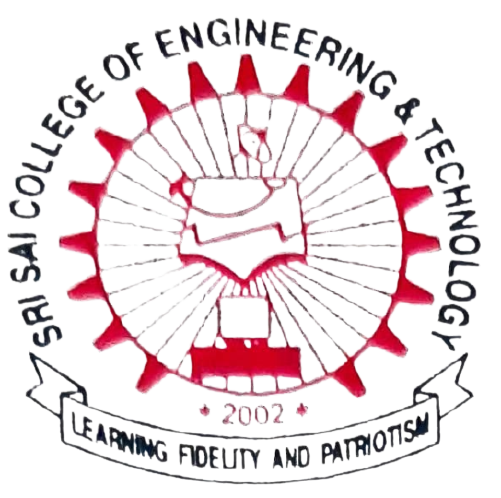Department of Mechanical Engineering
Introduction
Globally, the usage of Mechanical Engineering is found in the records of many ancient and medieval societies. In ancient Greece, the works of Archimedes deeply influenced mechanics in the Western tradition and Heron of Alexandria created the first steam engine. In China, Zhang Heng improved a water clock and invented a seismometer, and Ma Jun invented a chariot with differential gears. During the early 19th century in England, Germany and Scotland, the development of machine tools led mechanical engineering to develop as a separate field within engineering.
Mechanical Engineering brings in the use of core principles like mechanics, kinematics, thermodynamics, materials science and structural analysis along with tools like Department of Mechanical Engineering computer-aided engineering and product lifecycle management to design and analyze manufacturing plants, industrial equipment and machinery, heating and cooling systems, motor vehicles, aircraft, watercraft, robotics, medical devices and more. Mechanical Engineering has continually evolved to incorporate advancements in technology. Mechanical engineers today are pursuing developments in such fields as composites, mechatronics, and nanotechnology. The field overlaps with Aerospace engineering, Civil engineering, and Petroleum engineering to varying amounts. Study of Mechanical Engineering will lead the students into one of the broadest areas of engineering. As a mechanical engineer one can join industry in design, manufacturing, research and development, marketing and management.




